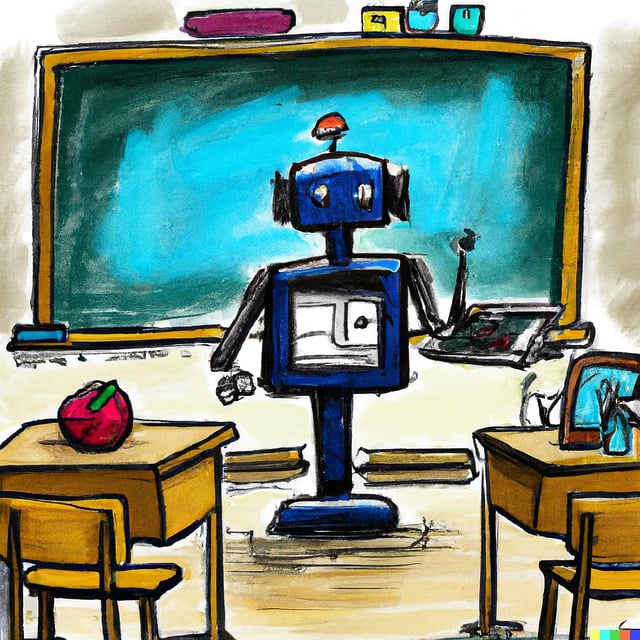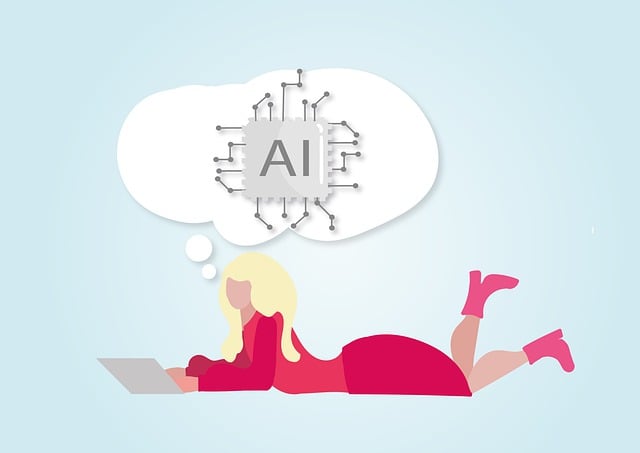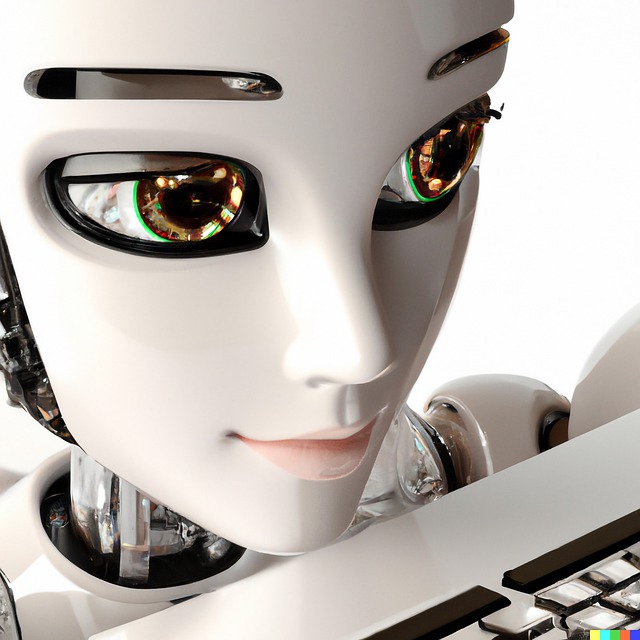The potential of artificial intelligence (AI) technology has been explored for decades, and the possibilities seem almost limitless. AI technology has been used to solve complex problems, automate mundane tasks, and create new products and services. With the advancements in AI technology, it is becoming increasingly clear that the possibilities are only limited by our imagination.
At its core, AI technology is a set of algorithms and software that can be used to simulate human behaviour. AI algorithms can be used to recognize patterns, identify trends, and make decisions based on the data they receive. AI technology can be used to automate mundane tasks, such as scheduling, or to solve complex problems, such as medical diagnosis. AI technology can also be used to create new products and services, such as virtual assistants or self-driving cars.
However, despite the potential of AI technology, there are still limitations to what it can do. One of the most significant limitations is that AI algorithms are only as good as the data they receive. If the data is incomplete, inaccurate, or biased, then the AI algorithms will produce inaccurate results. This is why it is so important for AI algorithms to be trained on large datasets that are representative of the real world.
Another limitation of AI technology is that it is limited by its ability to learn. AI algorithms can only learn from the data they receive, so if the data is limited, the AI algorithms will not be able to learn as much. This means that AI algorithms may not be able to accurately predict or respond to certain situations.
Finally, AI technology is limited by its ability to interact with humans. AI algorithms can recognize patterns and make decisions, but they cannot interact with humans in a meaningful way. This means that AI algorithms cannot understand human emotions or provide meaningful advice.
Despite these limitations, AI technology is still an incredibly powerful tool that can be used to solve complex problems, automate mundane tasks, and create new products and services. As AI technology continues to evolve, it will become increasingly capable of solving complex problems and creating new products and services.
AI technology is also becoming increasingly accessible, with many companies offering AI-as-a-service solutions that make it easier for businesses to use AI technology. As AI technology becomes more accessible, it will become increasingly important for businesses to understand the potential and limitations of AI technology.
In conclusion, AI technology has the potential to revolutionize many aspects of our lives, from automating mundane tasks to creating new products and services. However, there are still limits to what AI technology can do, such as its reliance on data and its inability to interact with humans in a meaningful way. As AI technology continues to evolve, it is important for businesses to understand the potential and limitations of AI technology so that they can make the most of its capabilities.










